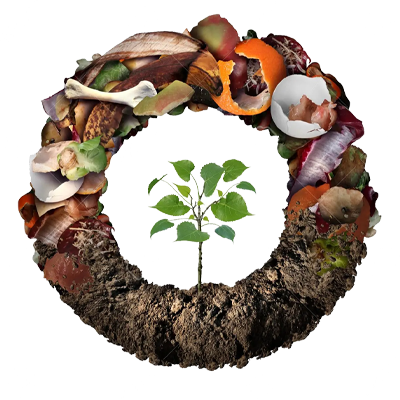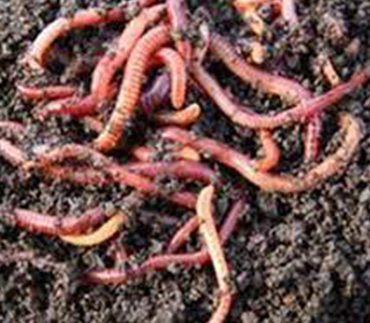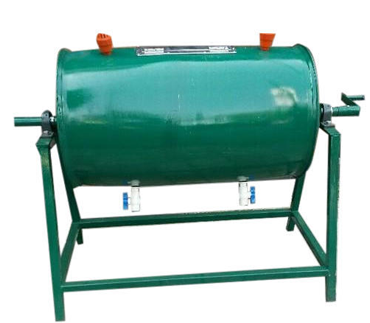Composting
Kitchen and canteen waste composting : Composting is the natural process of recycling organic matter, such as leaves and food scraps, into a valuable fertilizer that can enrich soil and plants. ... The resulting decomposed matter, which often ends up looking like fertile garden soil, is called compost.
Poultry Waste : Poultry industry is one of the largest and fastest growing livestock production systems in the world. In India, there are about 3430 million populations of poultry with a waste generation of 3.30 million tonnes per year. The localized nature of poultry production also means that it can represent a large percentage of the agricultural economy in many states or regions. Although economical and successful, the poultry industry is currently facing with a number of highly complex and challenging environmental problems, many of which are related to its size and geographically concentrated nature.
Vermicomposting : Vermicomposting is a type of composting in which certain species of earthworms are used to enhance the process of organic waste conversion and produce a better end-product. ... Simply speaking, vermicompost is earthworm excrement, called castings, which can improve biological, chemical, and physical properties of the soil.
Industrial ETP, STP sludge composting : Composting is controlled fermentation that converts organic matter aerobically and produces stable humic and pre-humic compounds (figure 1). Aeration will only be effective if the medium is air-permeable. Dewatered sludge often has a low porosity; a bulking agent has to be added, usually in the form of a carbonaceous support (20% of the mixture at least must be formed by voids).
Compost Benefits
1. For one, it’s free. You get to use kitchen waste, lawn clippings, leaves and other vegetation that would otherwise get thrown away. In fact, you might even save money on landfill fees.
2. Potting mixes and soils that are rich in compost produce vigorous plants regardless of whether you’re growing vegetables, growing herbs or organic rose gardening
3. Improves garden soil structure, texture and aeration.
4. Adding compost improves soil fertility and stimulates healthy root development in plants. The organic matter provided in compost provides food for microorganisms, which keeps the soil in a healthy, balanced condition.
5. Adding compost improves soil fertility and stimulates healthy root development in plants. The organic matter provided in compost provides food for microorganisms, which keeps the soil in a healthy, balanced condition.
6. Compost loosens clay soils and helps sandy soils retain water
7. No need to add fertilizer — just mix compost into the soil. Compost contains nutrients that plants need for optimum growth, such as nitrogen, phosphorus, and potassium. And it’s an especially good supplier of micronutrients that are needed in small quantities such as boron, cobalt, copper, iodine, iron, manganese, molybdenum and zinc.
8. It feels good. When else can you turn trash into treasure? Plus, scraps stay out of the landfill, reducing your footprint.
We Provide Services in?
1. Home composting
2. Industrial Sludge
3. Societal Waste Composting
4. Flat Model Composting
5. Corporate Model Composting
6. Marriage, Function Food Waste Composting
7. Hotel Food Waste Composting


